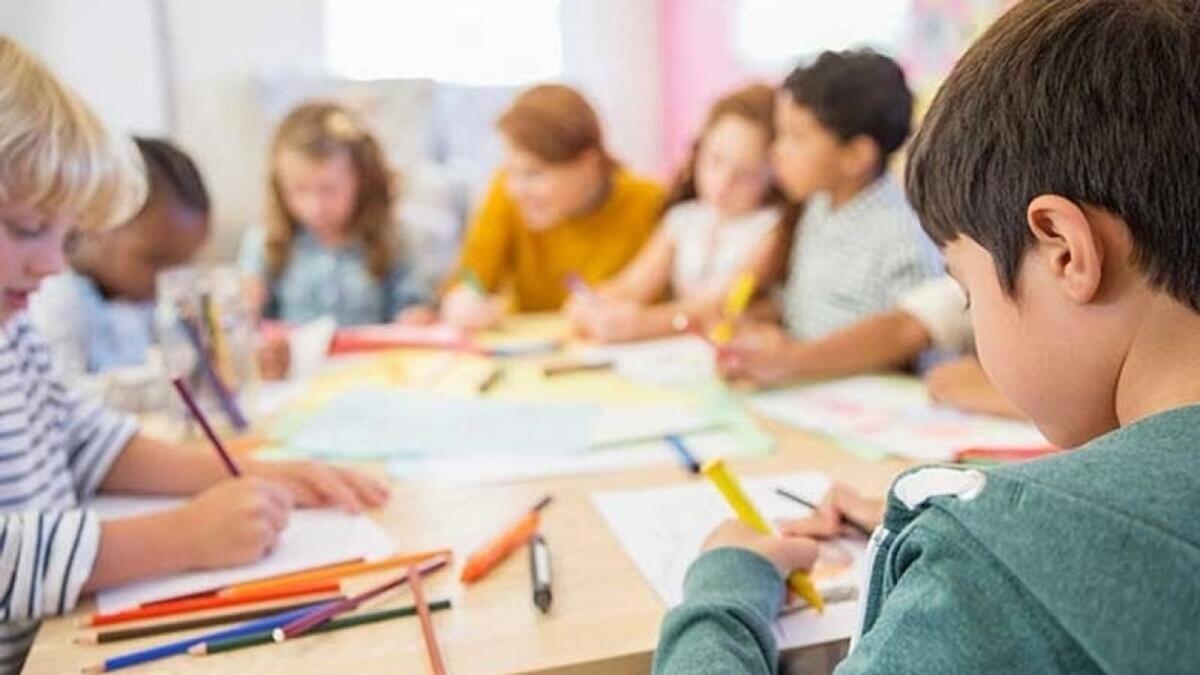The Knowledge and Human Development Authority (KHDA) in Dubai has announced the issuance of a learner’s passport to every newborn in the city. This passport will track the child’s educational journey and help parents make informed decisions about their children’s education. The system will be implemented in collaboration with the Dubai Health Authority. The aim of this initiative is to guarantee every child’s right to education, monitor children of mandatory school age to ensure they enrol in schools, and prompt action for children who have not yet enrolled in school.
Aisha Miran, the director-general of KHDA, emphasized the importance of the Learning Passport in ensuring every child’s right to education. The system will register children from birth and provide information about available educational stages and nurseries. Miran highlighted the below-average enrolment rate of Emirati children in early childhood centers, which affects their growth and academic achievement. The Learning Passport aims to provide comprehensive information to parents about educational options, helping them make informed decisions about their children’s education.
Education Strategy 2033 was presented by KHDA, focusing on practical steps to implement the new education strategy. These steps include raising awareness among parents, developing teachers’ skills, providing diverse educational options, early field training programs, assessing students’ needs, promoting Arabic language and cultural identity, and collaborating with various educational stakeholders. The strategy also aims to increase the percentage of Emirati teachers by 10% and enhance the use of the Arabic language among children to preserve their cultural heritage.
One of the challenges addressed by the strategy is the need to improve the academic performance of Emirati students and address the rising school fees that affect families’ access to quality education. A collective effort is emphasized, with the importance of engaging parents as partners in the educational process through awareness and empowerment programs. Dubai’s educational system has seen significant development since 2005, with an increase in the number of schools and students in private education. The ‘Education Strategy 2033’ aims to improve the quality of education to meet the needs of Dubai’s diverse community.
In conclusion, the introduction of the learner’s passport in Dubai signifies a commitment to ensuring every child’s right to education and providing parents with the necessary information to make informed decisions. The Education Strategy 2033 outlines practical steps to enhance the quality of education in Dubai, address challenges such as academic performance and rising school fees, and engage parents as partners in the educational process. Overall, the focus is on improving the educational journey of children in Dubai and preparing them for future success.































